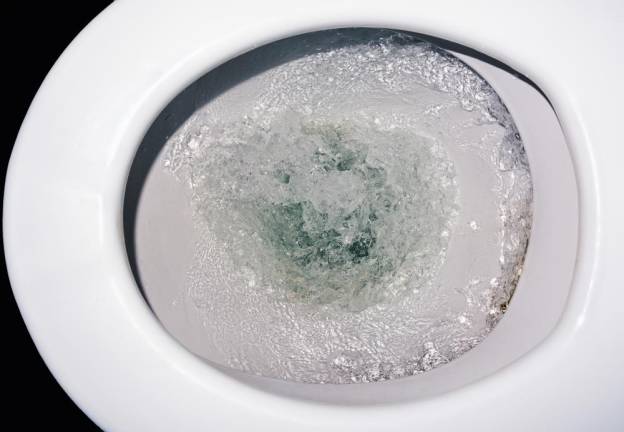Septic Transfer Station proposal seeks to alleviate under-use of MUA
VERNON. Residential waste could be sent to the transfer station instead of the MUA.

In an attempt to secure more users for the township’s sewer system, the Vernon Township Council is considering building a septic transfer station and sending residential waste to make up for its sewage shortfall with the Sussex County Municipal Authority.
It would also require building a transfer station at one of the Vernon Township MUA’s pump stations. Councilman Mike Furrey said the Sand Hill Road pump station would be the best fit because septic trucks would be able to get in and out.
“The system needs more users,” Councilman Mike Furrey said.
Vernon was originally obligated to send 265,000 gallons of sewage per day to the Sussex County Municipal Authority. In 2013, the allotment was raised to 461,000 gallons. The township’s average flow is still about 210,000 gallons per day.
The unused allocations have cost the Vernon MUA $300,000 per year and $2.5 million over the last eight years.
The Vernon MUA is also facing an increase in its annual bond payments to the Sussex County MUA of about $500,000 per year.
“It’s really important to note that it would have to be only from residential areas,” Furrey said.
West Milford Township has a septic maintenance ordinance that calls for residential septic tanks be pumped every three years.
It also requires tank testing for all septic and pump tanks installed after April 2, 2012, and advanced wastewater treatment is required if a resident cannot meet the 4-foot zone of treatment requirement for any septic alteration.
“This helps the homeowner because if their field goes bad, we know that could be anywhere from $20,000 to $40,000,” Councilman Harry Shortway said. “So, we would need to do the ordinance.”
These ordinances are put in place to prevent septic systems failing. It’s a major concern from lake communities where septic discharge can get into the lake and cause water quality problems for lake communities.
“Highland Lakes is making it a requirement for their community,” Councilman Brian Lynch said.
The discussed plan involved putting the town’s septic users into the transfer station by cleaning their septic tanks. However, there is a concern that the township’s 2005 SCMUA agreement only allows waste from the township’s Sewer Service Area to be sent there.
Mayor Howard Burrell said there were three key issues with the plan: the SCMUA agreement, the cost of putting in the transfer station and the third would be individuals who put in new septic tanks.
